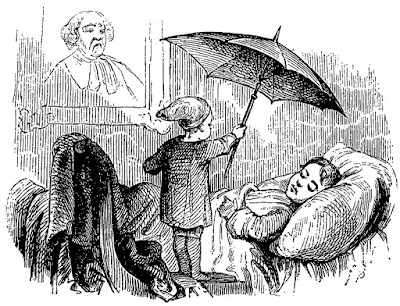The Two Faces of January (2013)
Dir: Hossein Amini - Cast: Viggo Mortensen, Kirsten Dunst, Oscar Isaac, Daisy Bevan, David Warshofsky, Karayianni Margaux, Yigit Ozscener, James Sobol Kelly
A thriller based on the novel of the same title by Patricia Highsmith; the title refers to the Roman God Janus, the double-faced God of transitions and new beginnings, who gave his name to the month of January, the beginning of the new year. The title also refers to the characters played by Viggo Mortensen and Oscar Isaac, who are both con man, not showing their real face to others.
Highsmith is best known for providing Hitchcock with the source material for “Strangers on a Train” and creating the character of Ripley, the young man with a talent for deceit and murder. Ripley is a rather unlikely Highsmith hero in the sense that he is successful in what he’s doing: most of her ‘heroes’ are people who almost accidentally get into trouble and then take all the wrong decisions, making things worse with every next step they take. Even if it’s not one of her very best novels, The Two Faces of January it's a genuine Highsmith, dark, sinister and disturbing.
The story’s set in the first half of the 60s. Isaac plays a young American, working as tourist guide in Athens, who’s fascinated by middle-aged, well-to-do businessman Mortenson, because the man reminds him of his recently deceased father (but is much easier to talk to). In reality Mortenson is a con man who duped dozens of customers; when he’s tracked down by a private detective he accidently kills the man. Isaac, who is a small-time crook himself, decides to give Mortenson some assistance in escaping the country, but things are complicated by the fact that he feels attracted to Mortenson’s much younger wife (Kirsten Dunst) ...
The script follows the novel by and large but some minor changes have been made; in the novel the emphasis is less on the woman but far more on this strange relationship of the two men, who feel attracted to each other while hating each other at the same time. In the 60s (when the novel was also written) Freud was omnipresent, of course. The changes are minor, but because of them the ending, which rings true in the book, feels out of place here.



Reacties
Een reactie posten